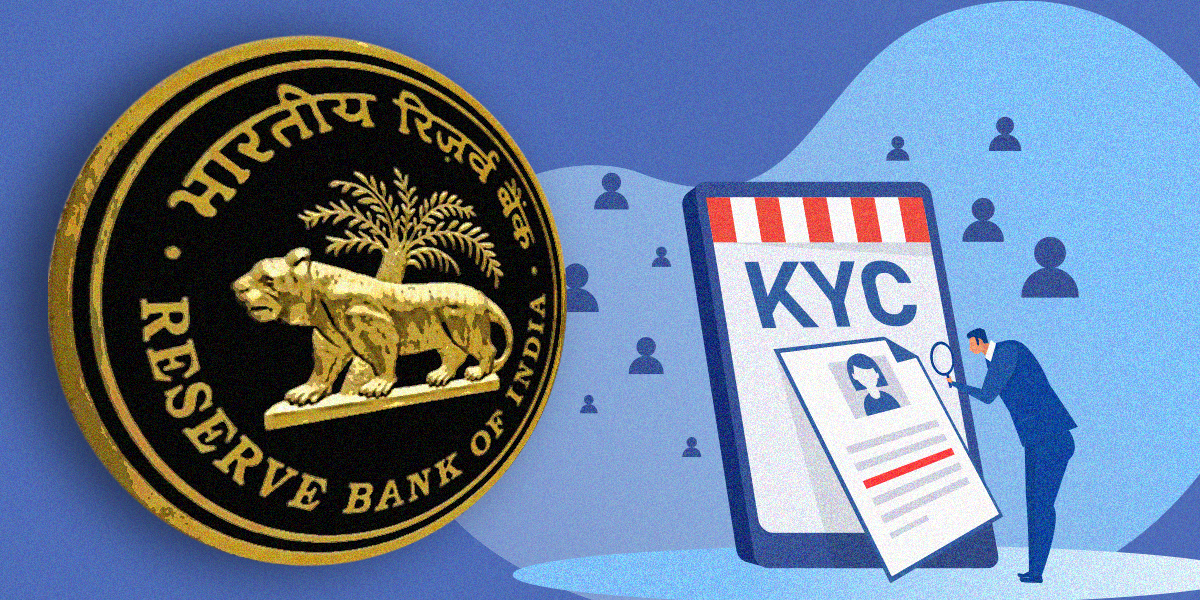The finance ministry has exempted business-to-business (B2B) firms from mandatory use of e-payments facilities such as RuPay and UPI.
In its previous order, the government had made online payments with UPI and RuPay mandatory for all businesses with an annual turnover of Rs 50 crore or more failing which a fine of Rs 5,000 per day was applicable from February 1.
The cashless payments facility through prescribed electronic modes by the government include debit cards powered by RuPay, UPI and UPI QR Code.
CBDT included Section 269SU in the Finance Act 2019 and Section 10A in the Payments Settlement Systems Act 2007 via a notice in October 2019.
In its latest order, the Central Board of Direct Taxes made clear and said: “In view of the above, it is hereby clarified that the provisions of section 269SU of the Act shall not be applicable to a specified person having only B2B transactions (i.e. no transaction with retail customer/consumer) if at least 95% of aggregate of all amounts received during the previous year, including amount received for sales, turnover or gross receipts, are by any mode other than cash, said the circular released on May 20.
According to the circular, the mandatory requirement of e-payment facility for payments through the prescribed electronic modes is really applicable in B2C modes, which directly deal with retail customers.
Since the prescribed electronic modes have a maximum payment limit per transaction or per day, they are not so relevant to B2B businesses, which generally receive large payments through other electronic modes of payment such as NEFT or RTGS. Mandating such businesses to provide the facility for accepting payments through prescribed electronic modes would cause administrative inconvenience and impose additional costs.














